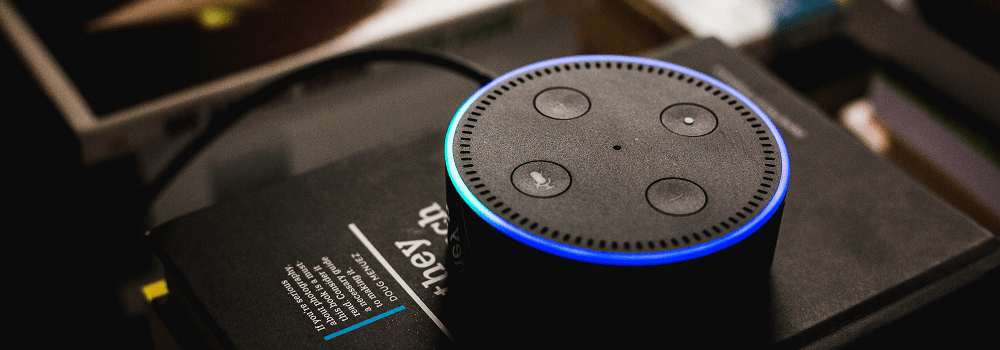One of the latest trends in the last few years is the digital assistant. It gained traction with Apple’s Siri on mobile devices but has since evolved into Amazon’s Alexa/Echo being in countless homes. But can it be trusted to not record everything you say?
virtual assistants are, like most assistants, pretty helpful. Simply by speaking a command, the device does as you say. This can range from playing music to reading the news to changing the thermostat. Some fear, however, that these devices are taking advantage of your willingness to be listened to.
Not long ago, there was an NPR article about a couple in Washington that, while arguing, had their entire argument “uploaded to the cloud.” This sparked a wave of “oh my gosh, is Alexa recording everything we say?” And in turn, a discussion about digital privacy. Something smelled fishy to me, so I did some extra research on it. Here’s what I found:
Is Alexa Always Listening?
Simple but misleading answer: yes. Actual answer: no.
After these events, various Amazon engineers stepped out to talk about the hardware and software used by the Alexa home device. According to them, the device IS listening, but with the following limitations.
- It isn’t saving anything you say
- It can only remember the last second of audio at a time
The idea is that the device listens for a keyword. As you may have guessed, its “Alexa.” When in standby, it listens and retains the last 1 second of nearby audio, scanning it for that keyword. If it doesn’t hear it, it forgets the last second and records the next. Only once it hears the keyword does it power up the rest of its hardware and listens for your full command.
They explain that this system has its own limitations, which any Alexa owner can find. If you tracked the device’s data and power usage, for example. Another common example given is that this is why you have to begin commands with they keyword instead of the end. So “Alexa, tell me the weather” will work, but “What is the weather like, Alexa?” will not.
As for the whole “the cloud” nonsense. That’s just a buzzwordy way of saying that Alexa used the internet to process what you said into text it can understand. The audio files are not saved onto some server somewhere. That would be a tremendously inefficient use of digital space. It IS possible, however, that Amazon saves the text translations of your commands.

So What Happened?
Amazon would eventually issue a statement, explaining what they believed happened.
“Echo woke up due to a word in background conversation sounding like ‘Alexa.’ Then, the subsequent conversation was heard as a ‘send message’ request. At which point, Alexa said out loud ‘To whom?’ At which point, the background conversation was interpreted as a name in the customer’s contact list. Alexa then asked out loud, ‘[contact name], right?’ Alexa then interpreted background conversation as ‘right.’ As unlikely as this string of events is, we are evaluating options to make this case even less likely.”
While it sounds like a bit of a stretch, anyone that owns an Amazon Echo will tell you that sometimes it activates as seemingly random times. Technology is still improving. For now, though, it’ll sometimes mishear its surroundings.
Conclusion
No, Alexa is not listening to everything you say, only the things to specifically command to it. So if you want one, don’t be afraid to try it out.


